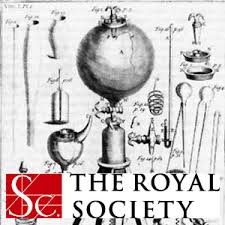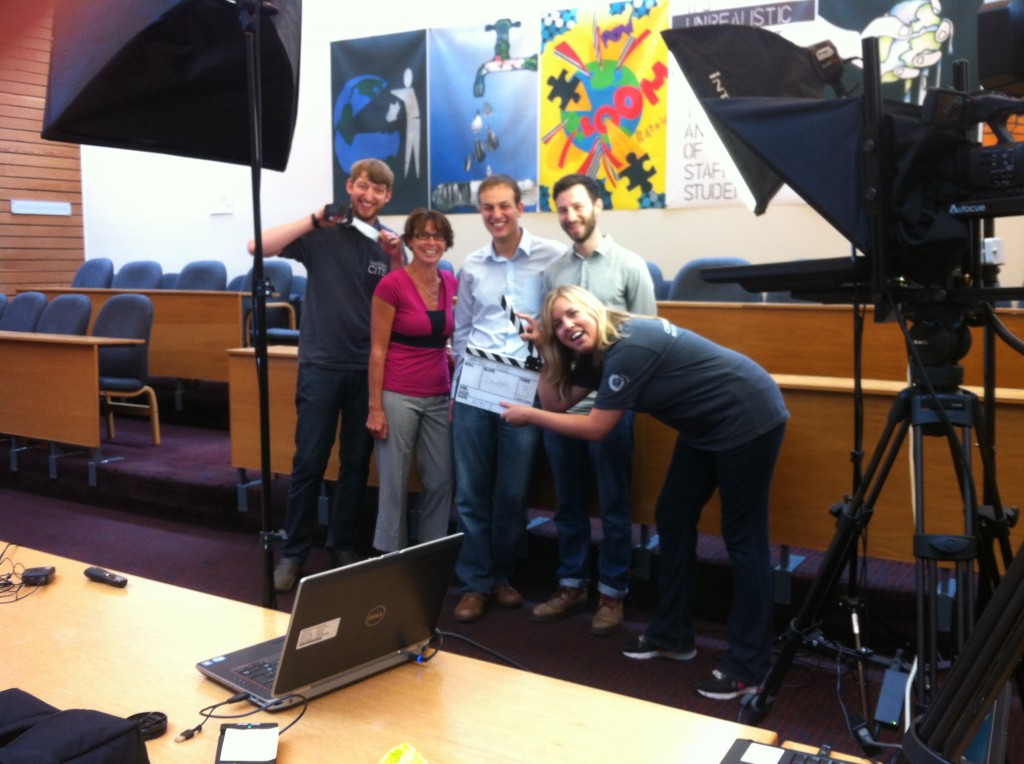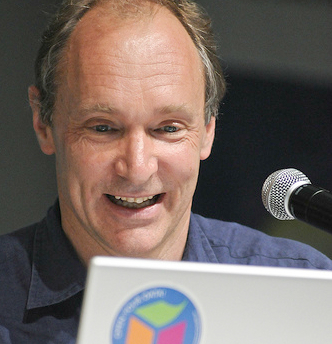
New Web Science Projects
The Web Science MOOC features the current research projects involving a number of staff and students at the University of Southampton. The next generation of work in this rapidly developing area is now coming onto the radar.
Last month we held "Web Science Research Week" at the University of Southampton.
Continue reading →


